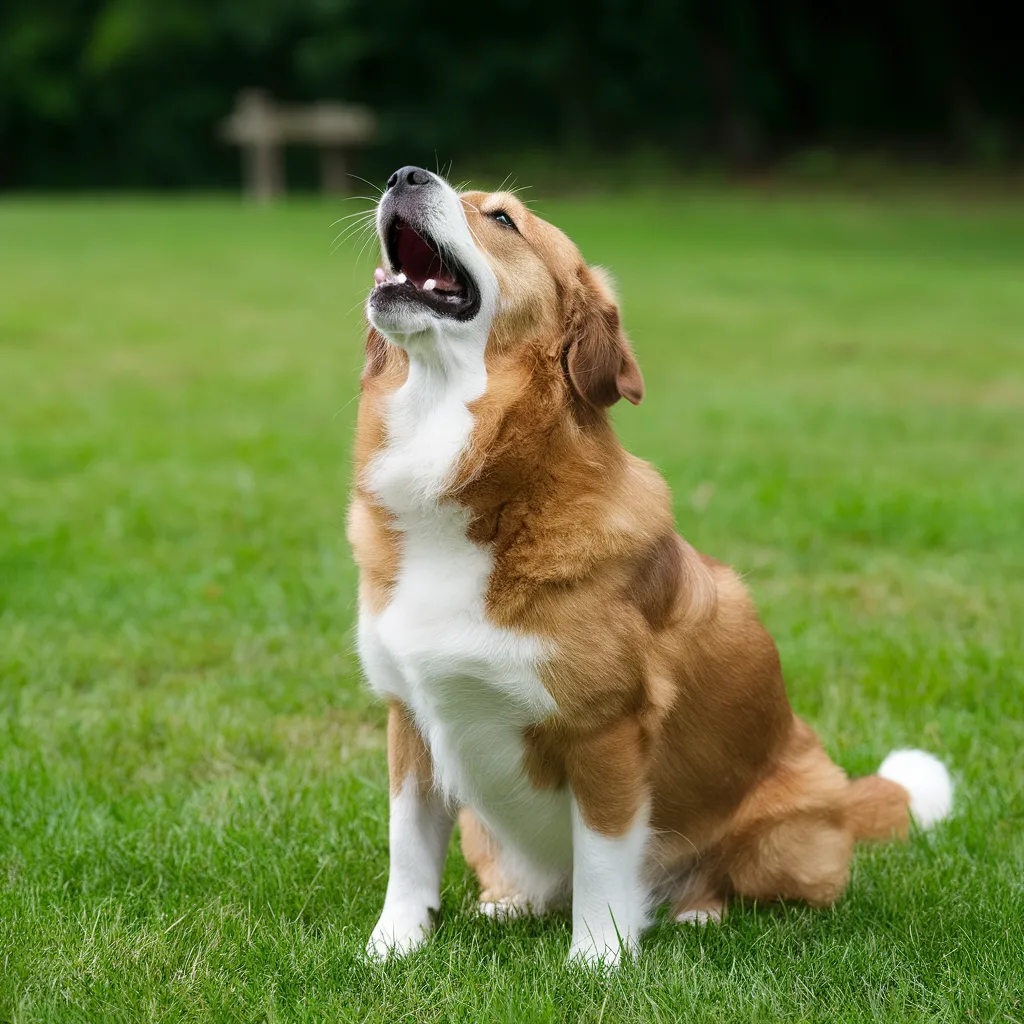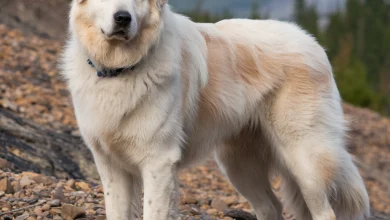Why Do Dogs Howl? Uncovering the Exciting Reasons Behind This Age-Old Behavior!

Have you ever wondered why dogs howl? This ancient and intriguing behavior has fascinated pet owners for centuries. From communicating with their pack to expressing emotions, there are several reasons why your furry friend might engage in this vocal activity. Let’s dive into the exciting reasons behind why dogs howl and what it means for our canine companions.

1. Communication with Other Dogs
Howling is a natural way for dogs to communicate with each other. In the wild, wolves use howling to communicate across long distances. Domestic dogs have retained this instinct, using howls to signal their presence or locate other dogs in the area.
2. Responding to Sounds
Dogs often howl in response to high-pitched sounds such as sirens, musical instruments, or even certain TV shows. These sounds may mimic the howls of other dogs, triggering an instinctual response in your pet.
3. Seeking Attention
Sometimes, dogs howl simply to get your attention. If your dog feels neglected or wants to play, howling can be a way to get you to notice and interact with them.
4. Expressing Emotions
Dogs use howling to express a range of emotions, from loneliness and anxiety to excitement and joy. If your dog is left alone for extended periods, they might howl to express their loneliness or separation anxiety.
5. Marking Territory
Howling can also serve as a way for dogs to mark their territory. By howling, they let other dogs know that a particular area is occupied, helping to prevent conflicts over territory.
6. Medical Reasons
In some cases, howling can be a sign of pain or discomfort. If your dog suddenly starts howling more than usual, it might be a good idea to check for any signs of injury or illness and consult your veterinarian.
7. Genetic Traits
Certain dog breeds, such as Huskies, Malamutes, and Beagles, are more prone to howling due to their genetic makeup. These breeds have a closer genetic link to wolves and are more likely to exhibit this behavior.
Fun Facts:
- Wolves and dogs share about 99.9% of their DNA, which explains many of their similar behaviors, including howling.
- Some dogs howl in their sleep, which can be a sign that they are dreaming about their wild ancestors.
- Dogs have a unique vocal range that allows them to produce a variety of sounds, including howls, barks, and whines.
Conclusion
Howling is a multifaceted behavior that serves various purposes for dogs, from communication and attention-seeking to expressing emotions and marking territory. Understanding the reasons behind your dog’s howling can help you respond appropriately and ensure their well-being. So, the next time your dog lets out a howl, you’ll know there’s more to it than just a noisy habit – it’s a fascinating glimpse into their ancient roots and complex communication methods.



